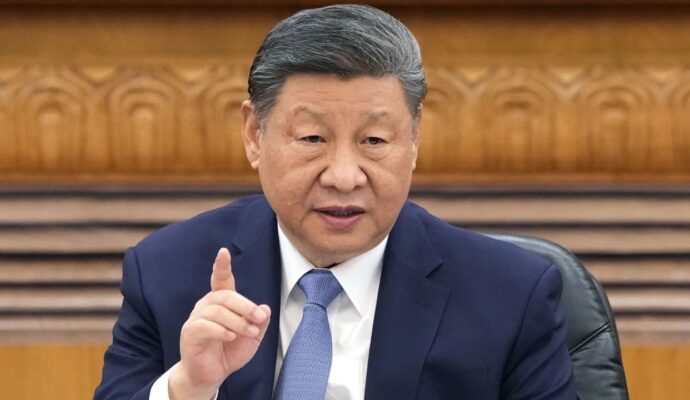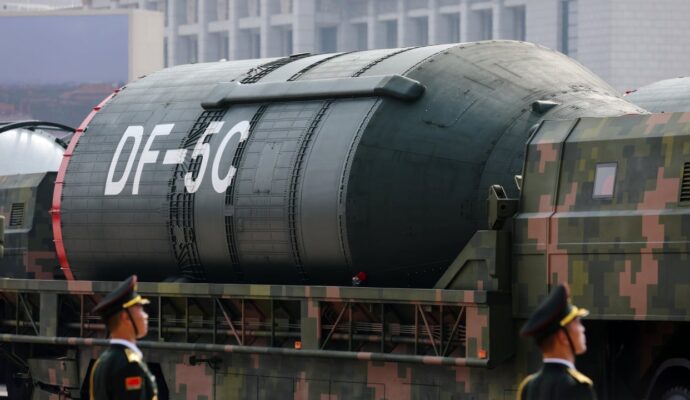Chinese imports supported 5.2 million jobs in Brazil, more than twice the number tied to exports to China, highlighting both the depth of the relationship and the risks of relying on a single partner, according to a comprehensive study released on Wednesday by the China-Brazil Business Council.
Advertisement
The report, produced with the country’s Development, Industry, Trade and Services Ministry, shows how bilateral commerce has grown nearly fivefold in the past two decades and now shapes not just trade flows but employment, wages and social patterns across the country. It found that while export-related roles paid higher salaries, the impact of imports reached far deeper into Brazilian companies and communities.
Numbers from 2024 underlined the scale of the relationship. China accounted for 28 per cent of Brazilian exports and 24 per cent of its imports. Over the past decade, commerce with Beijing produced a surplus of US$276 billion for Brazil, equal to 51 per cent of its global trade surplus in the same period.
By comparison, trade with the United States and the European Union left Brazil with a combined deficit of US$224 billion.
That China surplus, however, was concentrated in very few hands, according to the study. It showed 80 per cent of Brazilian sales to China in 2024 as consisting of soybeans, iron ore and oil, and that fewer than 3,000 companies were responsible for those exports.
Advertisement
Tulio Cariello, director of research at the business group, said this concentration left the country exposed. “It does not matter if it is soybeans or machines,” he said. “The problem is relying on too few products and too few markets.”



